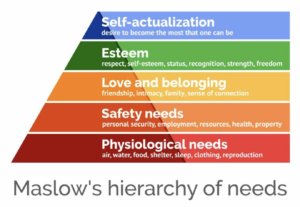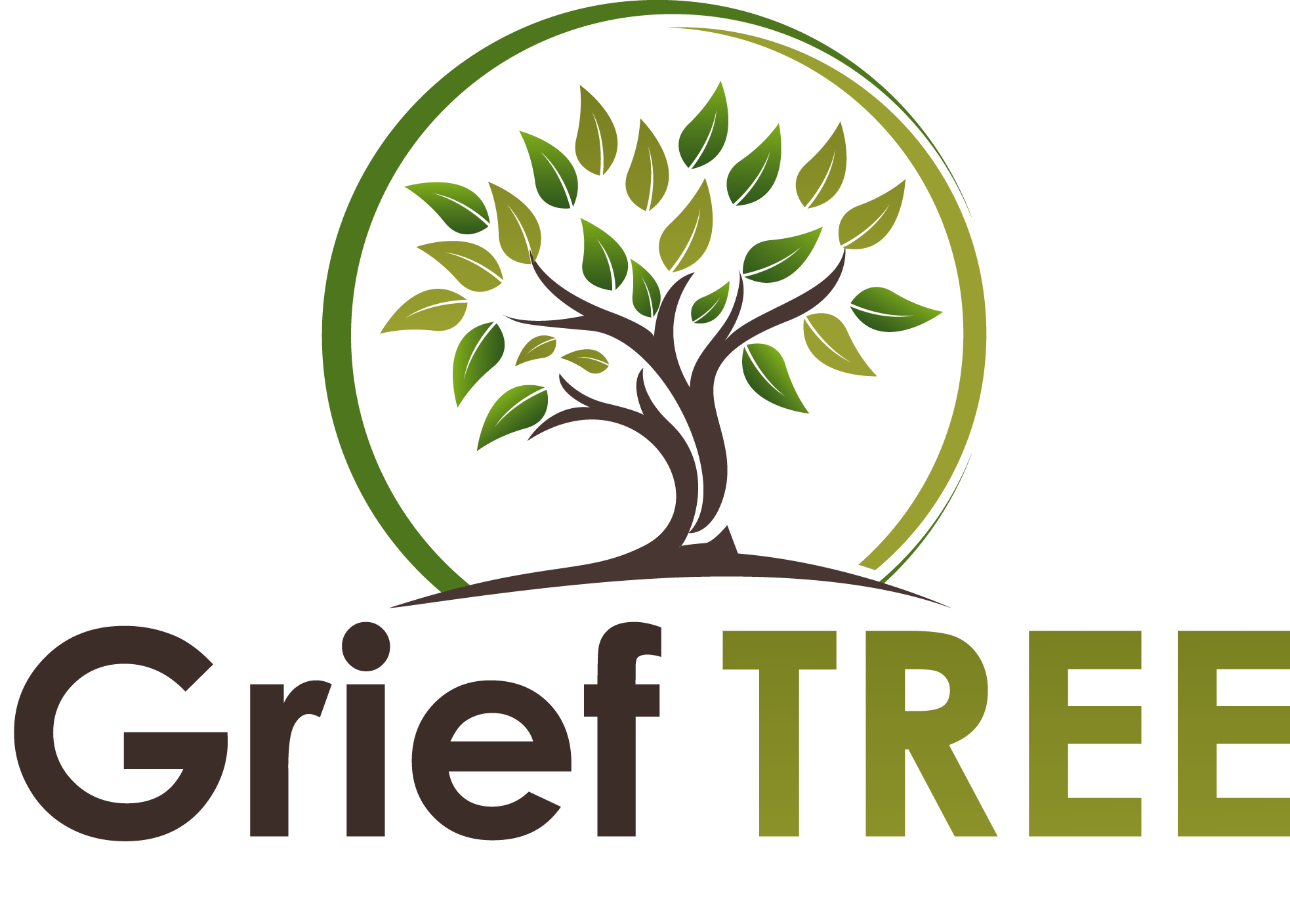Most people can probably relate to experiencing periods of time when their stress levels have been higher. Some examples could be experiencing a loss, an increase in responsibilities, emotional difficulties, health challenges, or any other situation a person identifies as a stressor. Even though the reasons why we feel stress can vary, the experience and consequences of stress are very similar for most of us. Throughout this post we will focus on addressing how to cope with stress, even when the circumstances are out of our control.
One of the strategies which can be helpful to use for self-care during difficult times, is to focus on meeting our basic needs. Referring to what is studied in psychology as Maslow’s Hierarchy of Needs, we can zero in at the bottom of the pyramid (representing the whole person) to address our most elemental physiological needs. Although this could seem rather simplistic, it is very common for us to pay less attention to things such as hydrating, eating, sleeping, and even using the bathroom when we are feeling stressed and overwhelmed. Furthermore, considering the ‘pyramid’ to represent the ‘person’, what would happen if the bottom layer of our pyramid is not stable? We may start to feel overtime our foundation is not as strong and solid to support moving upwards to engage with our more sophisticated needs.
Using tools like journaling and relaxation techniques can become a way for us to check in with ourselves and see where we are at any given moment. Through journaling we can use a habit tracker table, or simply reflect on our thoughts, to record our progress. When using relaxation techniques such as Progressive Muscle Relaxation, we allow ourselves to be present in our bodies and notice how we feel
in that moment. Once we do this, any physiological needs unmet are usually obvious and easy to spot. We can also use scales (1-10) to check how stable we are within any specific area, especially when we are focusing on a specific need we want to improve.
To conclude, we can come up with our own customized plan to take care of ourselves when stress levels are high. Including, using our favorite tools to check in regularly and notice our level of stability. In the best-case scenario, this plan would be created and practiced at a time when we are experiencing normalcy. As we finetune how it works for us and make any adjustments, we will probably feel better prepared to face challenges in the future. Hopefully with time this can become second nature to us and just a part of our everyday routine, so that we can enjoy the benefits all the time.

Written by:
Weena Gonzalez, LCSW



